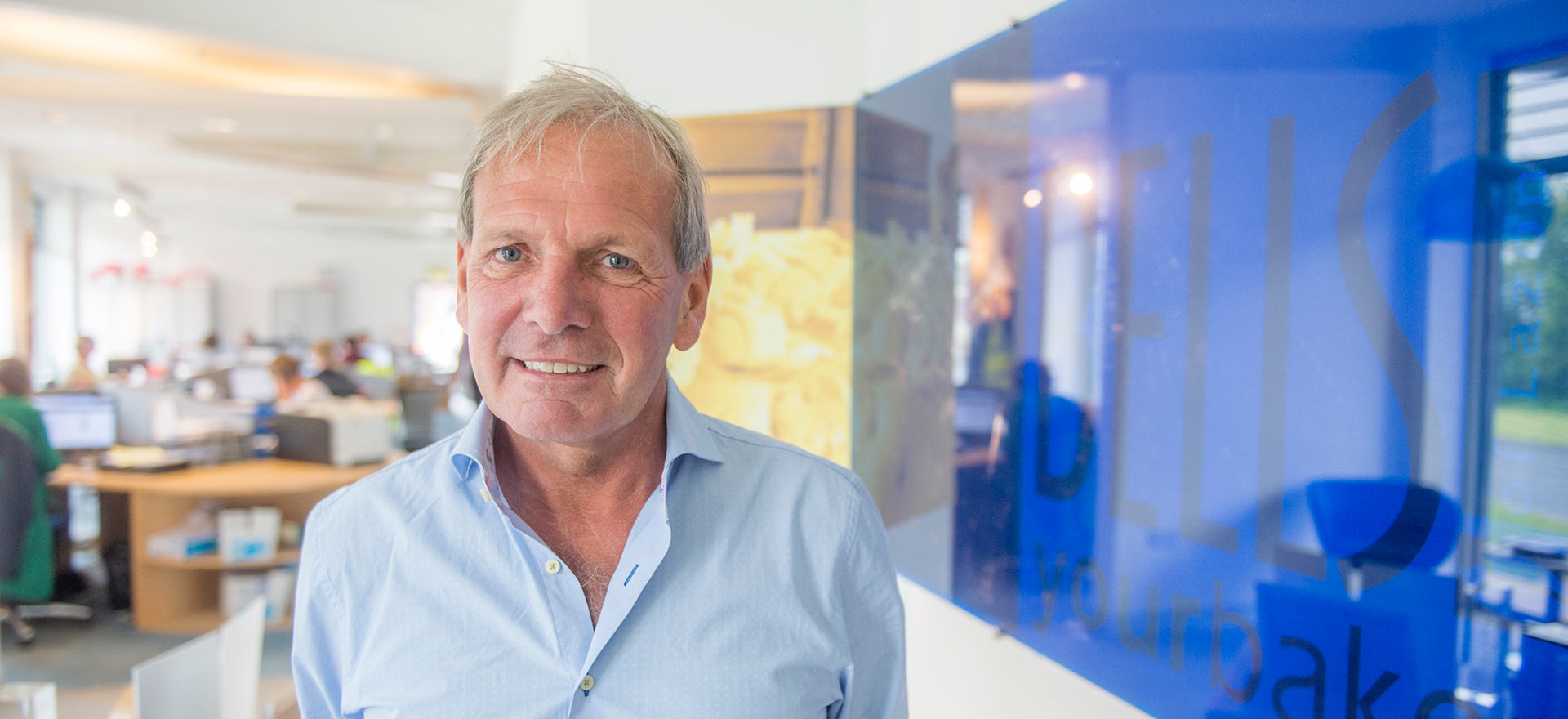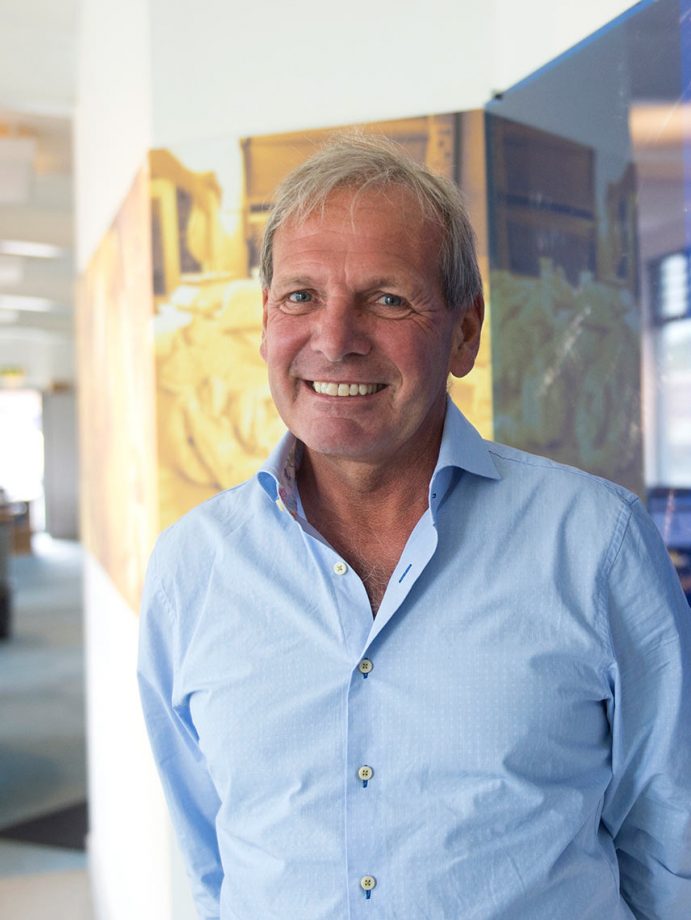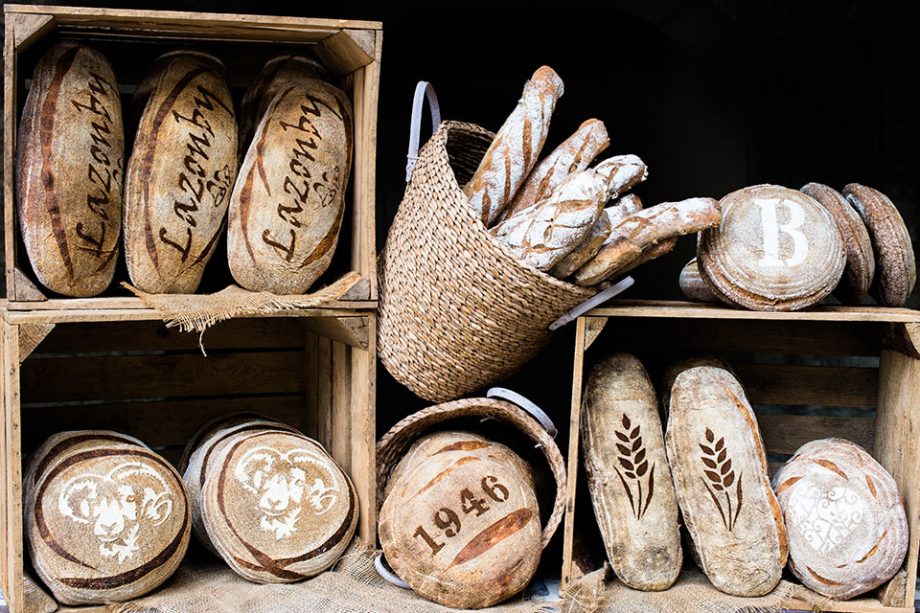
As Bells of Lazonby has discovered, customised apprenticeship programmes are proving to be the formula for developing the right skills for the business.
It’s over 70 years since John Bell established a bakery in the picturesque Cumbrian town of Lazonby. Today his family continue to preside over a thriving and award-winning business, producing cakes and artisan bread for both retail and food service markets across the UK. But if baking is an ancient tradition, ensuring there is a trained and engaged workforce in place for the future is a very modern problem which Bells must confront.
“I was talking to a member of staff earlier, and he said: ‘In six weeks’ time I will have been here 50 years and will be near retirement’,” says Philip Callaghan, the company’s Operations Director. “Our bakery manager has been here for about 46 years. Baking is a skill, but if your workforce is ageing you have to take steps to make sure those skills are passed down.
“In the past you had the formal structure with City & Guilds that allowed that to progress formally, but when that stopped we didn’t then have any way of filling that gap because the NVQ system didn’t really cater for it.
“We tried a bit of NVQ training, but it was effectively watching people do things on the job and not giving you any knowledge.”
Baking is a skill, but if your workforce is ageing you have to take steps to make sure those skills are passed down.
To address the problem, Bells has been working closely with Kendal College on a range of custom-made programmes designed to both teach the basics of bakery and encourage a new generation of employees to make a career with the company.
“Initially Kendal College got in touch with us about structuring a Bakery Apprenticeship programme that imparted proper knowledge of recipe balance, how to mix things and so on. It started at Level 2 and was so successful we have now developed a Level 3 programme.
“More importantly, perhaps, it has awakened people’s interest in how things work here at Bell’s. They no longer feel that they are just turning up, they want to be involved in the company.”
By working with businesses to identify their needs, we have been able to offer courses which make sense within the context of the business.
– Suzanne Horner, Work Based Learning & Corporate Client Manager, Kendal College
According to Philip around half of those who completed the Bakery Apprenticeship have now moved into positions of responsibility.
Earlier this year, and in conjunction with the college, Bells introduced Management Apprenticeship Programmes at Levels 2 and 3. The aim of the courses is to introduce employees to the basics of management, with specific emphasis on the company’s own production systems.
Indeed Philip himself has just come from introducing a college-run seminar held at Lazonby village hall for around 20 junior staff.
“This one was essentially an insight into the principles of team leading for shop floor guys who will not have had that kind of experience,” he says. “But as with most industries, people get promoted into first line supervisory jobs from the shop floor.”
This form of bespoke training is something which Kendal College has been involved in for the last 15 years. However in the last 18 months the college has seen a surge in interest from businesses like Bells.
“It’s a similar story across all industry sectors,” says Suzanne Horner, the college’s work based learning and corporate client manager. “Succession planning has become a key factor and businesses have identified the benefits of staff retention.
“The mindset is: we need to sell a career rather than a job. By working with businesses to identify their needs, we have been able to offer courses which make sense within the context of the business.”
In the case of Bells the system appears to be working smoothly. However one sticking point, as far as Philip Callaghan is concerned, is the reluctance of schools to embrace the apprentice programme.
“The disappointing thing from our point of view is that we have not been able to attract anybody at school leaver age to come in and start an apprenticeship programme,” he says.
“It is in the schools’ interest to keep people on in education, because if they can carry on getting the funding for pupils staying in school until they are 18, where is the incentive for them to lose that?”
Nevertheless since joining forces with Kendal College, Bells has already seen a visible improvement in the production process.
“A lot of our business is based on innovation, quality and flexibility, and so we constantly have different processes and products coming to market,” says Philip. “The important thing is to move from concept into production – but things go wrong because if you make something in your kitchen and then try and make it on a bigger scale, it never works.
“It can’t always be the responsibility of the concept guys to make it work in the bakery, which is why the build-up of knowledge across the whole workforce is really very valuable in making production work better.
“We’re now starting to see in practice that as people learn how different areas of the business work. There is a real thirst for knowledge and information, and anything like that can only be a good thing for taking the business forward.”
Around half of those who completed the Bakery Apprenticeship have now moved into positions of responsibility.



